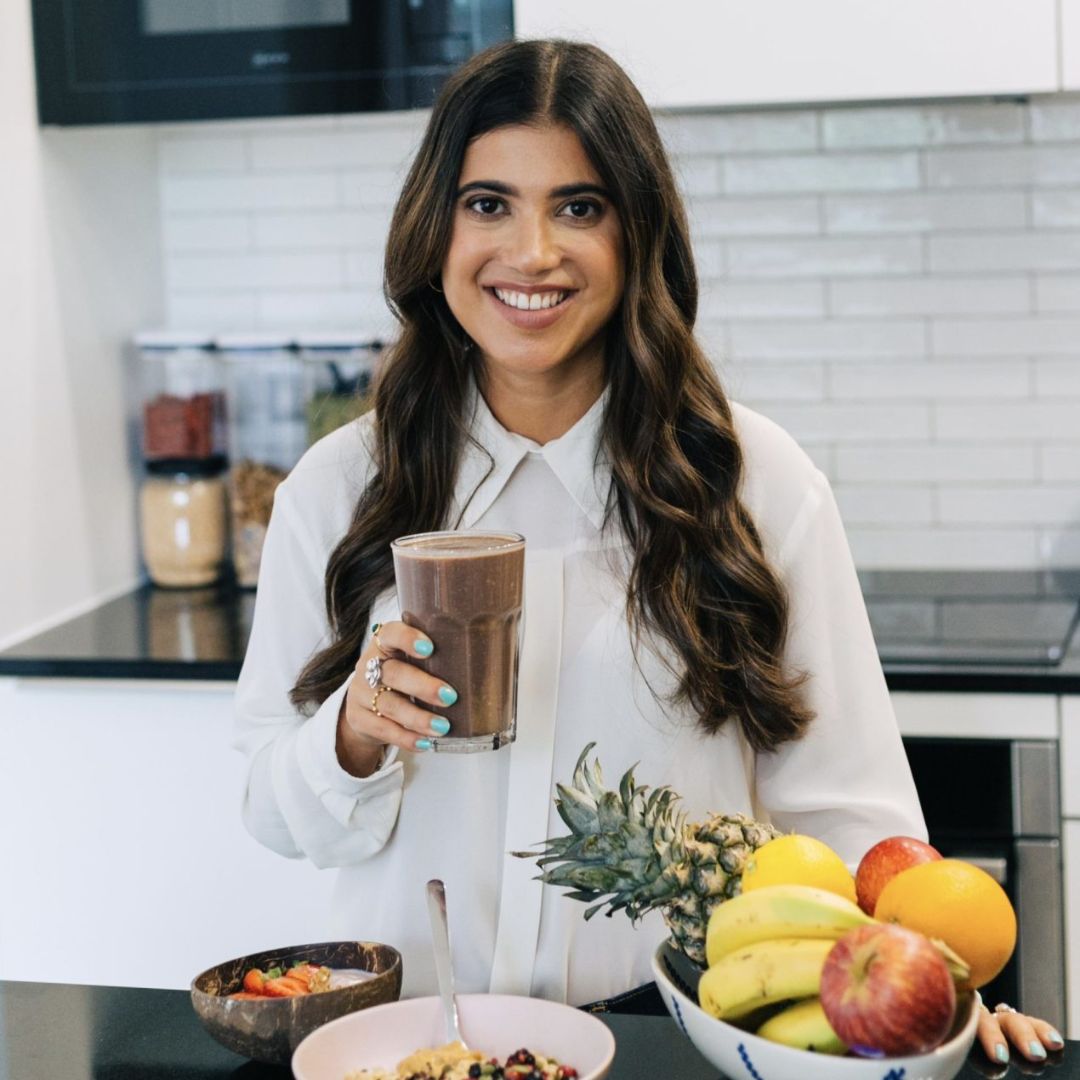Probiotics are living microorganisms that provide health benefits when consumed, mainly by supporting the gut microbiome –the community of trillions of microorganisms, including bacteria, viruses, fungi and protozoa, that live in the gut. People often assume that popping a probiotic supplement will resolve all your gut health issues, but there are many factors to consider when it comes to probiotics.
What Are Probiotics and Should I Take a Probiotic Supplement?
Table of Contents
Should I consider a probiotic supplement?
Probiotic supplements can be beneficial, particularly for individuals dealing with inflammatory bowel disease (IBD), irritable bowel syndrome (IBS), urinary tract infections and various gastrointestinal issues. However, it’s important to note that probiotic supplements are not necessary for everyone.
Don’t take probiotics if…
Probiotics should be completely avoided by certain groups of people, including anyone who is severely immunocompromised (has a weakened immune system) or who has open wounds following major surgery, as well as those with pancreatitis.
Can you take too many probiotics?
It is possible to overdo it on probiotics. Excessive levels of bacteria, whether ‘good’ or ‘bad’, can lead to issues such as small intestinal bacterial overgrowth (SIBO) where bacteria multiply and colonise in the small intestine (rather than the large intestine, where we want them), which can result in uncomfortable bloating, nausea and abdominal pain.
Probiotics and antibiotics: How do they work together?
Some research has shown that probiotics during or after a course of antibiotics can have a positive effect on the gut. While everyone is different and more research is still needed, taking a probiotic supplement while on antibiotics may be helpful for supporting your gut, as antibiotics eliminate both good and bad bacteria. It’s important to wait a couple of hours after taking antibiotics before consuming probiotics, to avoid them cancelling each other out.
Taking a probiotic following a GI bug like traveller’s diarrhoea
Probiotics may help to restore the natural balance of bacteria in your gut following a gastrointestinal illness, such as traveler's diarrhea. Certain strains, including Bifidobacterium bifidum, Lactobacillus acidophilus and Saccharomyces boulardii, may be particularly helpful.
How to get probiotics from food
Fermented foods are a great place to start when it comes to probiotics. These include foods like sauerkraut, kimchi, miso, tempeh and live yoghurt, as well as drinks like kombucha and kefir. When incorporating these foods into your diet, start slowly and build up gradually to allow your gut to adjust and avoid symptoms like bloating and gas. Plain yoghurt is an easy option, just make sure it contains “live active cultures” as some manufacturing processes kill off the good bacteria.
3 tips when choosing probiotics
- Navigating the world of probiotics can be challenging. Not all supplements are created equally; many of them won’t even survive the stomach acid and make it to your intestines, so it’s important to buy from brands that can prove their supplements can survive the journey through the gastrointestinal tract.
- Don’t just look for a high amount of bacteria – it’s not always a case of the more the merrier; it’s about finding the strains most suited to your unique needs.
- There are so many different types of probiotic supplements, with different strains of bacteria and varying CFUs (Colony Forming Units) used to measure the amount of a particular bacteria), so it can be hard to know which one (if any) is right for you. Seeking personalised advice from a nutritionist can provide clarity and point you in the right direction.
Curious about enhancing your gut health? You can explore more insights and tips on our Nutrition Hub – your ultimate resource for nutrition wisdom and wellness.
About the author - Eli Brecher
The author of this article is gut health expert and registered nutritionist Eli Brecher (ANutr), who uses her expertise in the gut microbiome to build healthier habits. You can find more of Eli’s articles and her delicious recipes on our Nutrition Hub.













